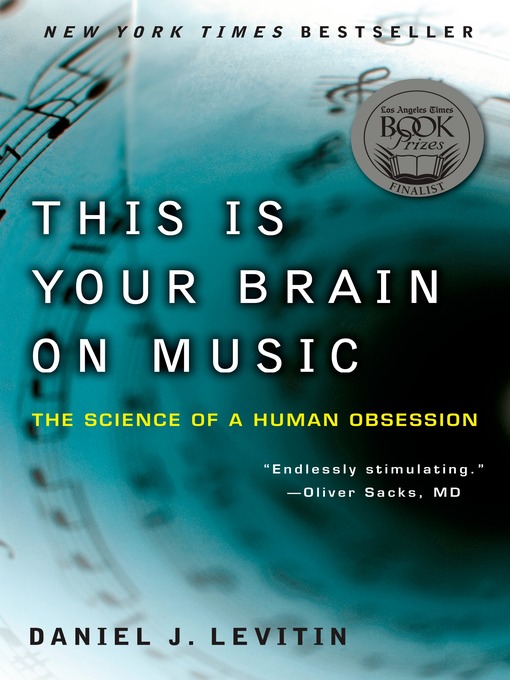For most people, music is something we enjoy listening to, but we don't really think about what impact music has on our brain. Sophisticated artists have figured out how to appeal to various aspects of our brain by creating music that resonates with the audience. Behind all of this, however are neurological and behavioral sciences that explain what actually happens to your brain when you hear music, what evolutionary part music played in humanity's history, and how it continues to be enjoyable from our formative moments in our mother's womb to our teenage years and beyond.
Music is like any skill. Though there are some prodigies who master it very quickly, for most it is countless hours of practice that leads to mastery. Music itself plays upon the same neuron pathways that language uses, and can be used to communicate information. We may not consider ourselves musical, but our ears are perfectly evolved to detect and appreciate harmonics that even a super computer has trouble processing. How music affects our brain helps us understand not only how our brain works, but how our species evolved rhythms and sounds to attract mates and how this then led to actual language.
Fans of music will appreciate the research behind how we hear and appreciate music, as well as the history of how it has come to be an important part of humanity.
Music is like any skill. Though there are some prodigies who master it very quickly, for most it is countless hours of practice that leads to mastery. Music itself plays upon the same neuron pathways that language uses, and can be used to communicate information. We may not consider ourselves musical, but our ears are perfectly evolved to detect and appreciate harmonics that even a super computer has trouble processing. How music affects our brain helps us understand not only how our brain works, but how our species evolved rhythms and sounds to attract mates and how this then led to actual language.
Fans of music will appreciate the research behind how we hear and appreciate music, as well as the history of how it has come to be an important part of humanity.


No comments:
Post a Comment